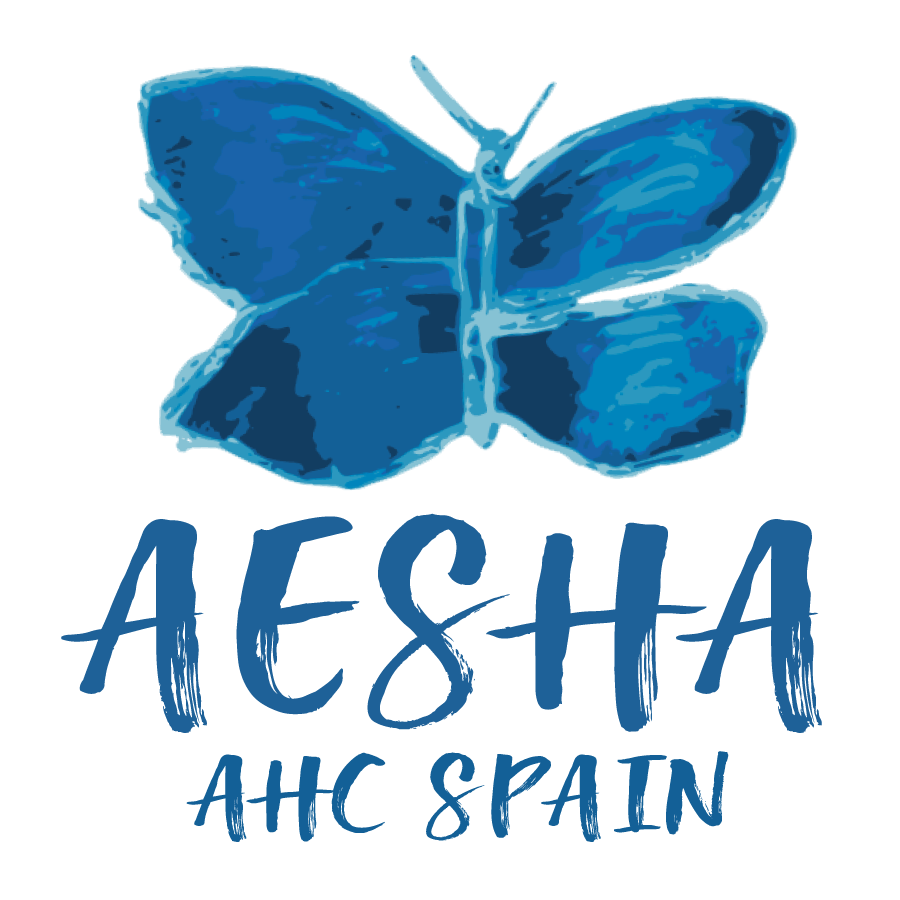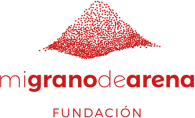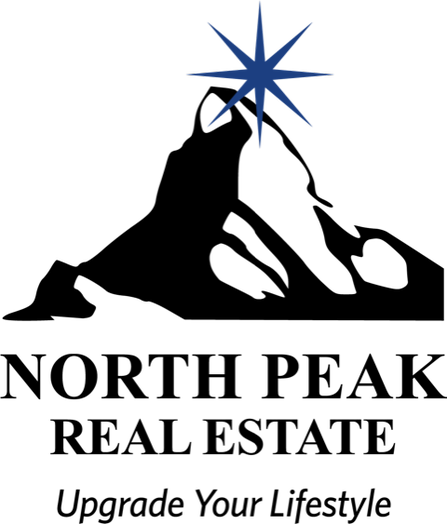Recaudado
0€
A favor de
AESHA
ONE IN A MILLION
Supporting families and research of an ultra-rare disorder which affects no more than one thousand people around the world.
Reto liderado por
Categoría
Alternating Hemiplegia of Childhood (AHC) is a complex, ultra-rare neurodevelopmental disorder, which affects just one in a million people worldwide. In 70-80% of known cases, a mutation in the ATP1A3 gene is the cause. The first symptoms present before the age of 18 months and, in spite of its name suggesting a childhood disease, AHC is a lifelong condition.
AHC’s most characteristic symptom is recurrent attacks of hemiplegia, alternating paralysis of limbs from one side of the body to the other, and even causing full body paralysis (quadriplegia). Other symptoms include seizures, dystonic attacks, nystagmus, tremors, reduced awareness spells, chorea, migraines and dysautonomia. AHC is like living with many different neurological diseases in one, making correct diagnosis extremely difficult.
Founded in 2004, AESHA, the Spanish Association of Alternating Hemiplegia of Childhood, was born out of a need to find other families with the same disorder and raise funds to join important international research projects. In 2004, AESHA was made up of 3 families from different parts of Spain. In 2021, AESHA is made up of 22 families, with patients ranging from 3 to 46 years of age.
Today, the connection, support and unity among AHC families continues to be of great importance and is one of AESHA’s main objectives: helping new families navigate their way through the process of accepting, understanding and living with AHC, supporting each other through difficult times and learning from the invaluable experience of the most veteran families.
Fundraising is another main objective of the Spanish Association of AHC. It is thanks to the many activities organized by AESHA families over the years, and generous donations from sponsors and collaborating partners, that AESHA has been able to support ongoing international research for Alternating Hemiplegia of Childhood. Donations also allow AESHA to be present at the annual ATP1A3 Symposium and to invite members of the Scientific Committee to attend this important conference.
In 2020, AESHA offered some funding for the AAV Gene Therapy project led by three American AHC Associations, the international OBSERV-AHC project led by Dr Mikati and the International AHC Research Consortium’s Cloud platform.
Donations also allow AESHA to be present at the annual ATP1A3 Symposium and to invite members of the Scientific Committee to participate.
We are grateful for all the emotional and financial support we have received over the years and thank all of our sponsors and supporters from the bottom of our hearts.

La Asociación Española del Síndrome de la Hemiplejia Alternante (AESHA) es una asociación sin ánimo de lucro formada por familias con hijos/as afectado/as por la Hemiplejia Alternante y un comité científico centralizado en el Hospital Sant Joan de Déu de Barcelona.
La Hemiplejia Alternante de la Infancia (HAI) es una condición neurológica muy compleja y muy rara que afecta a uno entre un millón de personas. Suele aparecer antes de los 18 meses de edad y típicamente se define por episodios repetidos de hemiplejia (parálisis) de un lado del cuerpo u otro alternativamente o del cuerpo entero (quadriplejia). Otros síntomas incluyen convulsiones epilépticas, ataques distónicos, nistagmo, temblores, períodos de concienciación reducidos, corea, migrañas y disautonomia.
Vivir con la HAI es como vivir con muchas enfermedades neurológicas diferentes a la vez, lo cual hace que el diagnóstico correcto sea extremadamente difícil.
El objetivo de AESHA es dar a conocer a esta enfermedad minoritatria, apoyar a las familias y recaudar fondos para contribuir a la investigación que se está llevando a cabo a nivel internacional.








